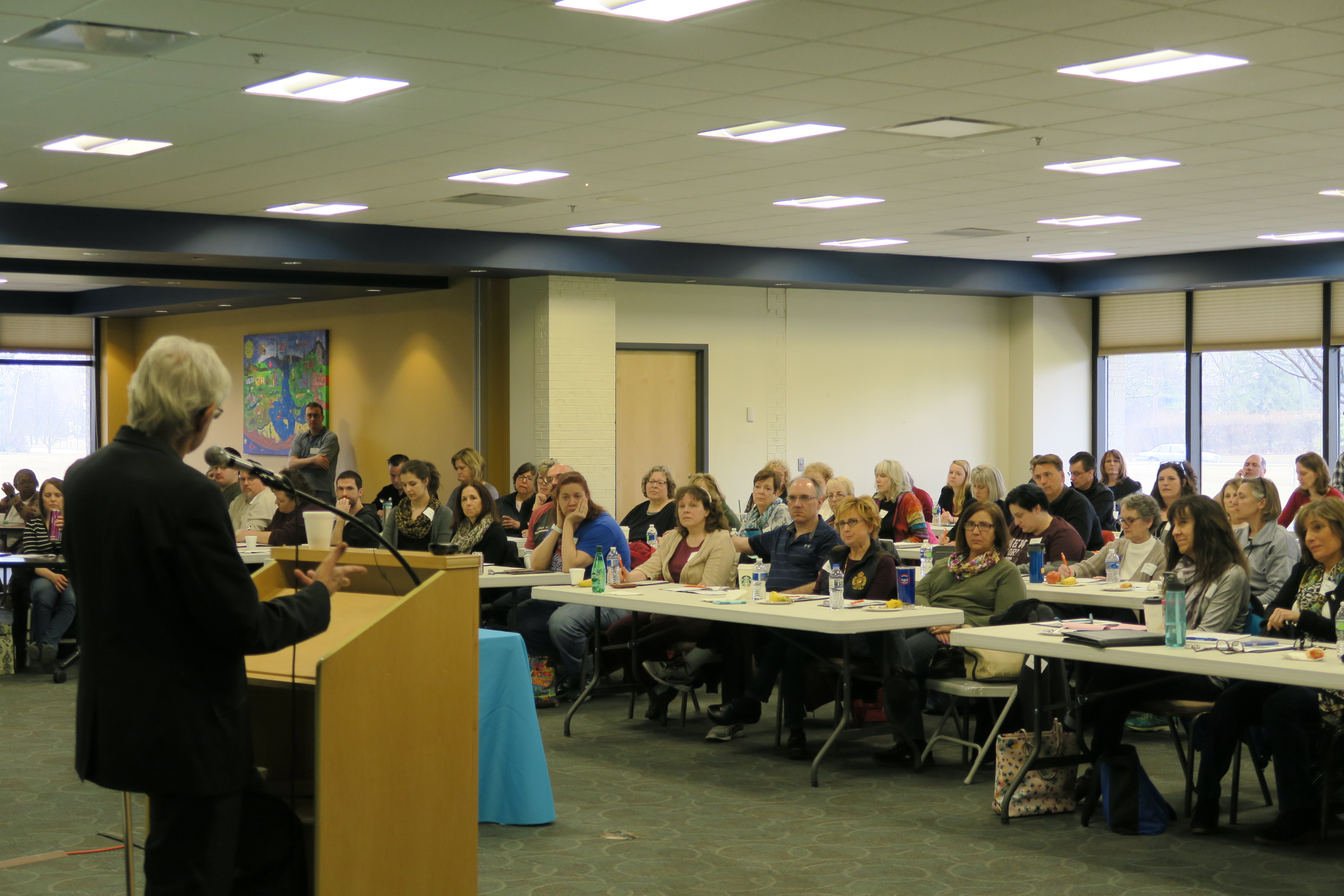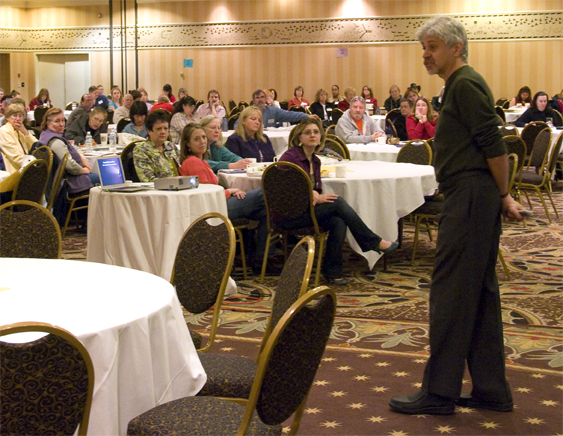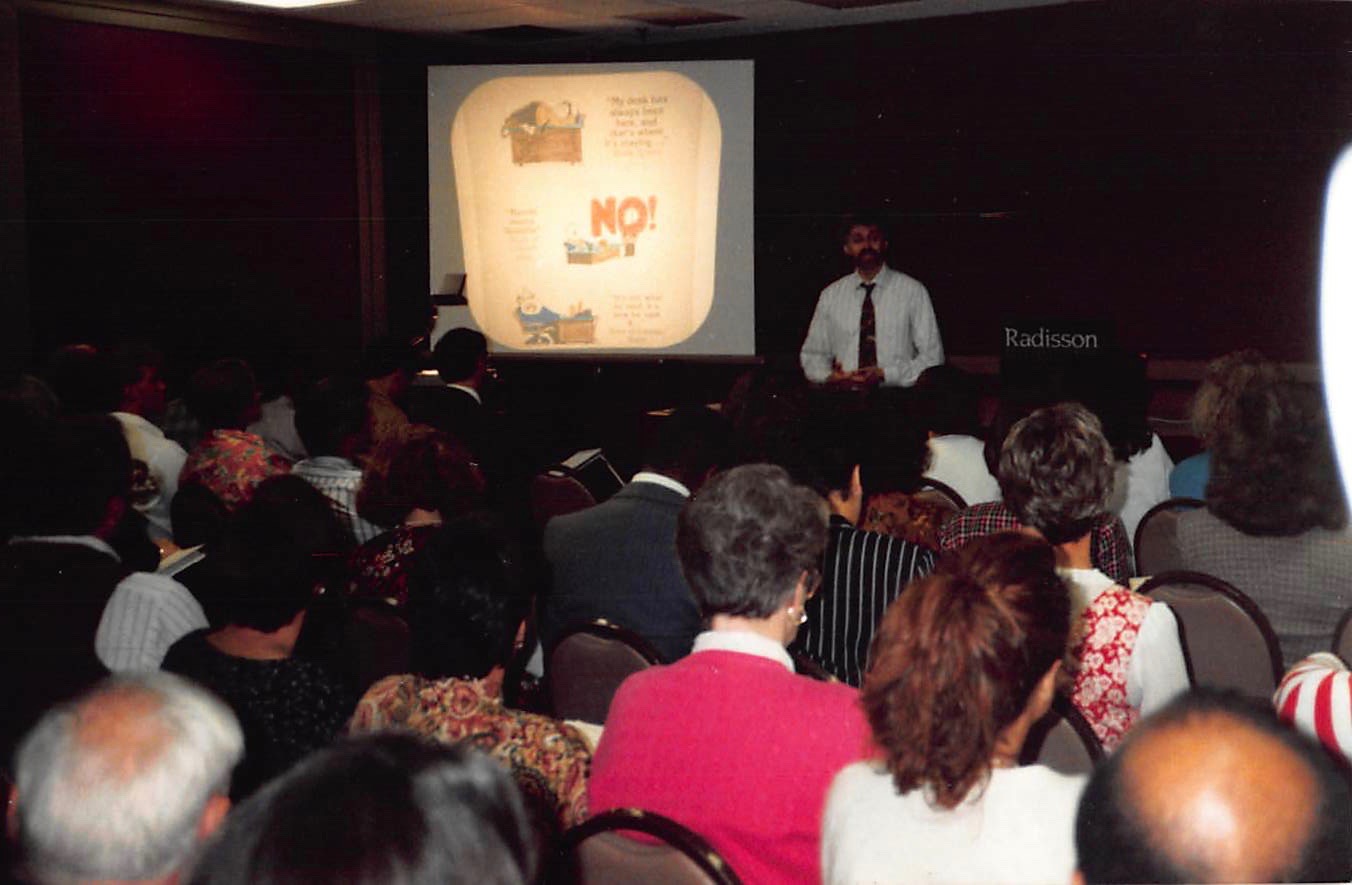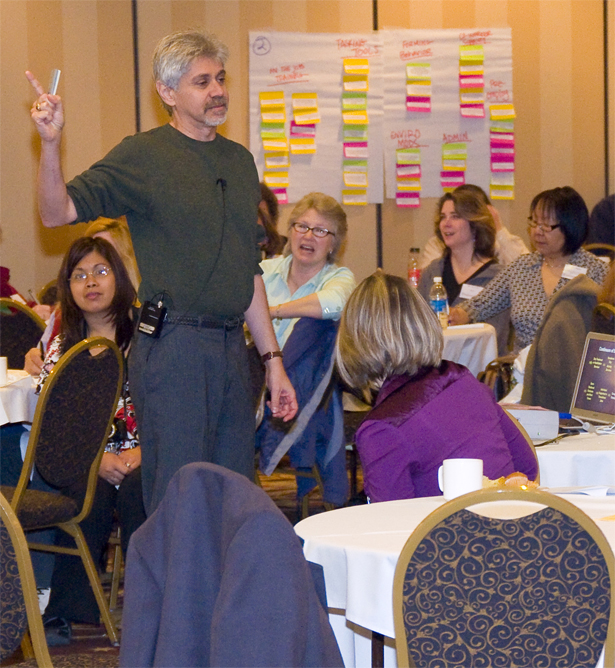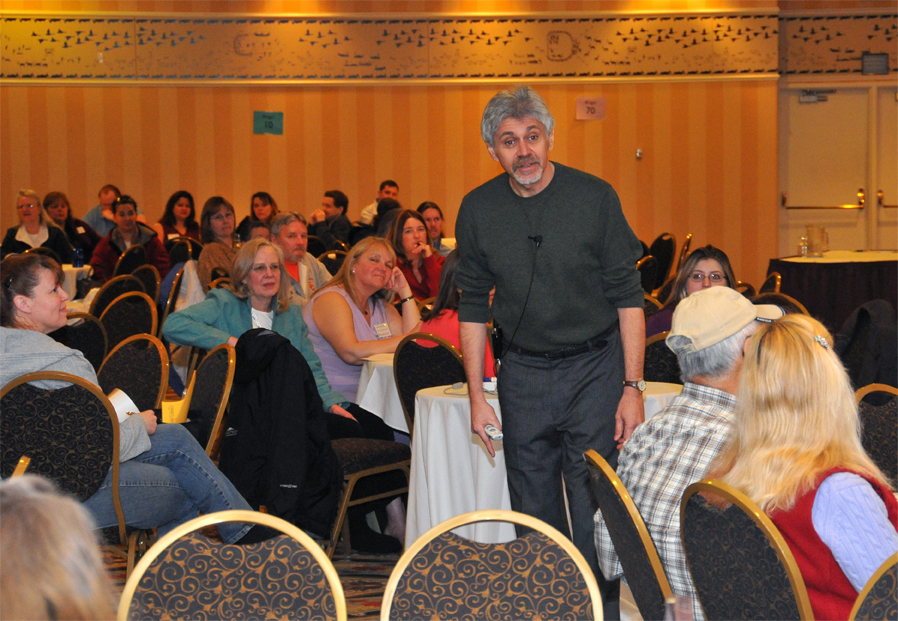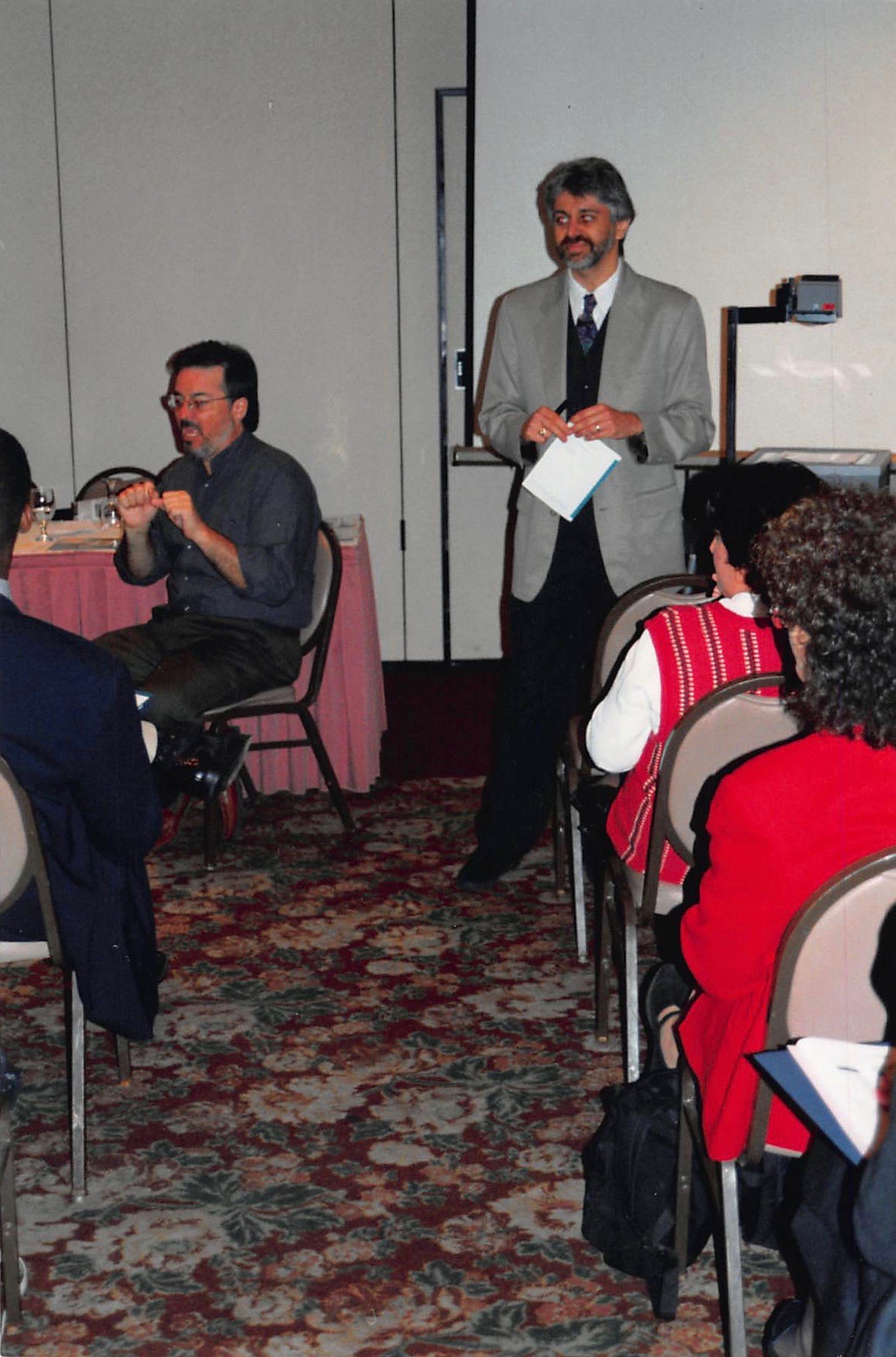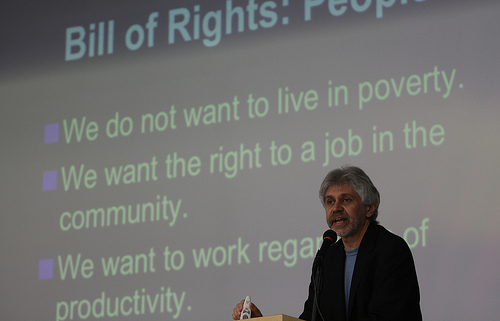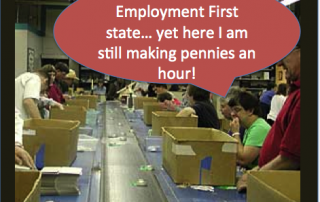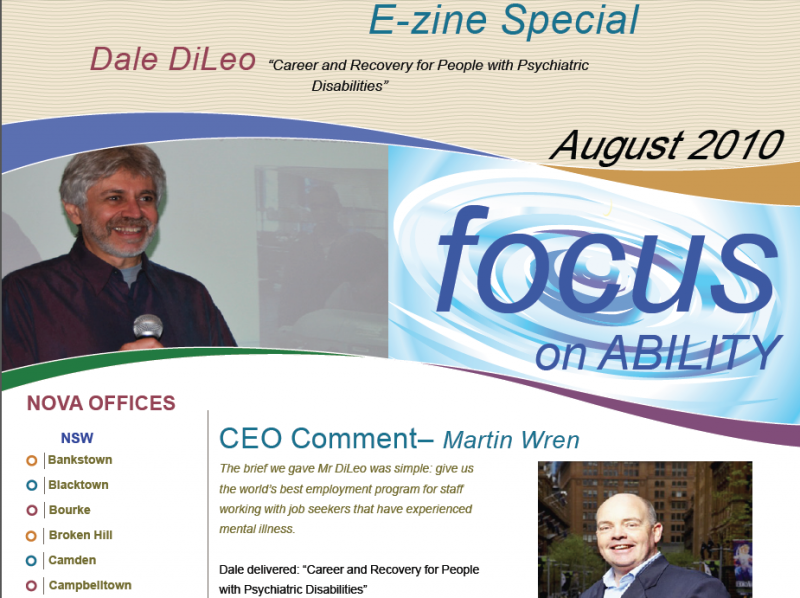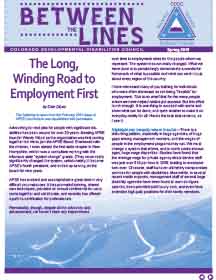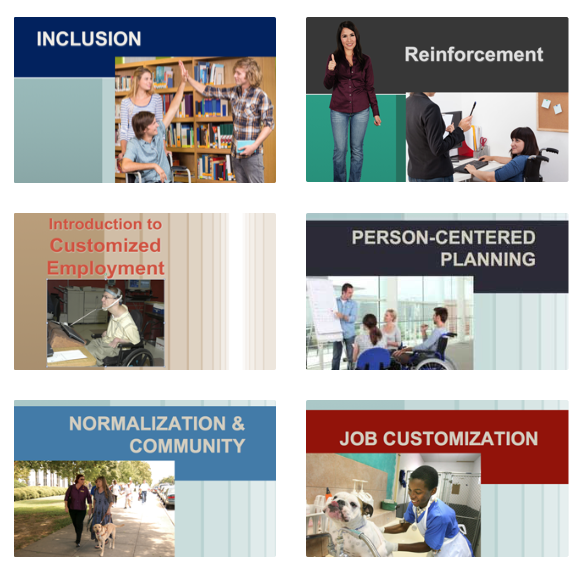A widely sought-after speaker and consultant, and well known advocate for people with disabilities, Dale DiLeo has provided training throughout the US and in Australia, Canada and Europe on community inclusion for persons with disabilities. Dale has trained over 150,000 participants over the past 40 years, serving as the keynote for the European Union of Supported Employment in Oslo, Norway and presenting again in Barcelona, Spain. He has consulted with state and private agencies, universities, professional associations, and corporations. He is the Past President of the Board of the Association for Persons in Supported Employment (APSE), and is the lead author of that organization’s highly respected Ethical Guidelines in Supported Employment. His latest book, Raymond’s Room, focuses on ending the shameful segregation of people with disabilities in community life.
Blog
Agency-Owned Social Enterprises: Is It Draining Resources for Employment of People with Disabilities?
Come down to our ice cream shop! Your patronage supports jobs for the people with disabilities who work here!Hmmm. The idea of social enterprise is a wonderful concept. Having a business that incorporates diversity and funnels its profits into social causes, including supporting people with disabilities, has much potential. But here’s the problem. Agencies that are charged with getting people community employment are using the concept as a systems model to be replicated as a significant part of their solution to unemployment. This has turned into a bit of a sideshow.Three years ago, I wrote a blog post that took [...]
Sub-Minimum Wage Battle Heating Up
The continuing controversy regarding using sub-minimum wage for workers with disabilities (using special worker certificates under Section 14(c) of the Fair Labor Standards Act) rages on. Use of this provision since 1938 has led to far too many examples of exploitation, artificially lowered wages, and poor employment outcomes. It needs to be phased out; review some of my previous postings on this issue.Recent developments have cast new light on the issue and energized advocates trying to end the practice. Last February, 2014, President Obama issued an Executive Order that raises to $10.10 the hourly minimum wage paid for work performed [...]
How to Evaluate Employment First Policies
Over the last few years, the Employment First (EF) movement has taken off in nearly every state and several Canadian provinces. The clear intent of an EF movement is to make an individual, integrated, paid job the first option for individuals with disabilities receiving day services.This is no easy task for a service system that relies on segregated facilities. The context is that only 21 to 23% of people served in day services are currently employed in the community. A good number of those individuals are in group employment settings such as enclaves and crews. Most individuals with disabilities of [...]
Finally! A Civil Rights Breakthrough
The following is a guest post by my colleague Bob Lawhead.– DaleOn April 8, 2014 the U.S. Department of Justice announced “a landmark settlement agreement between the United States and the state of Rhode Island, vindicating the civil rights of approximately 3,250 individuals across the state with intellectual or developmental disabilities (I/DD).” This case constitutes the nation’s first statewide settlement involving the unnecessary segregation of people with disabilities in segregated sheltered workshops and day facilities, in violation of the Americans with Disabilities Act. It is well known that these conditions exist in every state of the union and in the [...]
Thoughts on Group Service Models for People with Disabilities
In my speaking and writing, I often tout the need for services to be individualized, and take issue with the congregate models we generally see from agencies and schools in the forms of group homes, day programs, and classrooms. Often, there is pushback from families and providers. I frequently hear: - “What’s wrong with letting people socialize with each other?” - “It’s their choice to be with each other.” - “I’m [Jewish, Italian, African-American, etc.] and [live, work, play] with people with my same label.” Good points, but these arguments miss the mark. They represent a kind of binary thinking [...]
Press
Interested in Web Courses on Disability-Related Topics?


